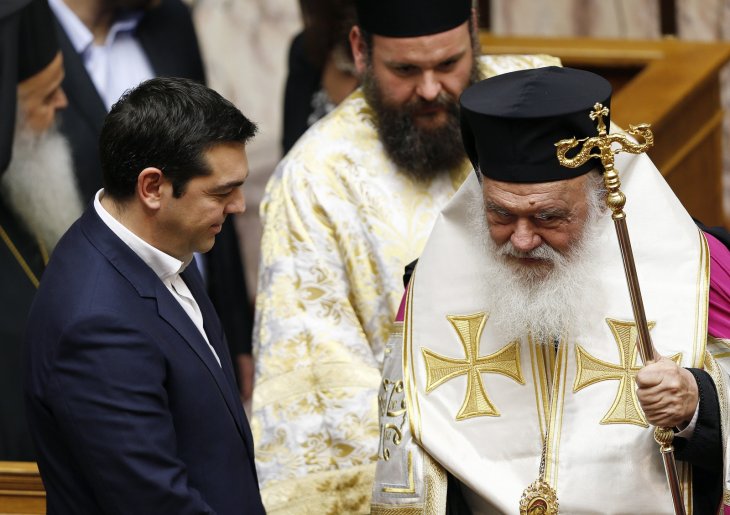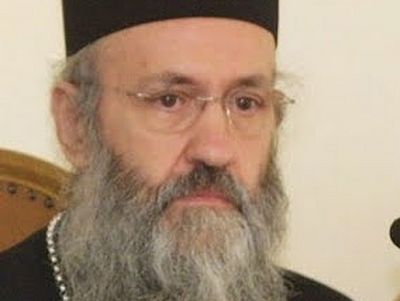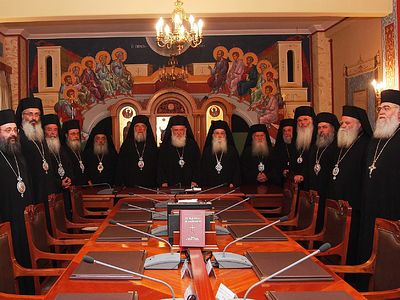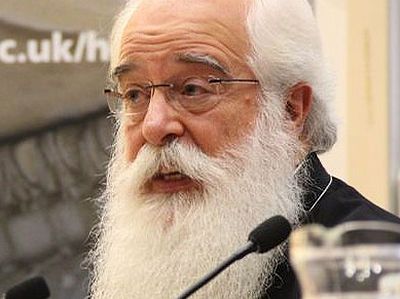The head of the Greek Orthodox Church has called for a 'Yes' vote in Sunday's referendum in comments which set the country's church at loggerheads with the government of Prime Minister Alexis Tsipras.
In a rare intervention in political life, Archbishop Ieronymos II said that Greece must remain "at the heart of Europe" and pleaded with voters to accept proposals by the country's eurozone creditors, according to Vatican Radio.
Around 88% of the Greek population are traditionally Greek Orthodox. Ieronymos, who is the 121st archbishop of Athens and has held the post for seven years, rarely comments on political issues and usually keeps a quiet counsel.
Tsipras yesterday urged Greeks to vote 'No' in the referendum in a televised address, while finance minister Yanis Varoufakis said he would resign if voters opted to accept the latest bailout conditions put forward by Greece's creditors.
A poll published yesterday in Greek media found that 54% intended to reject the proposals against 33% in favour, but that the direction of travel was in favour of the Yes vote. The poll, taken between 28-30 June, found that after bank closures were enforced at the start of this week, the proportion of would-be No voters dropped by 11%.
In other developments, Greek pensioners have scrambled to withdraw €120 in pension benefits from around 1,000 banks which reopened yesterday and today.
The Orthodox Church is the national church of Greece and membership of the Eastern Orthodox Church, of which the Greek church is a subsidiary, was defined as part of Greek national identity in the country's first modern constitution in 1822.
Anthimos, the metropolitan bishop of Thessaloniki, Greece's second-largest city, also said in a recent sermon that he intended to vote to accept the creditors' proposals, which reportedly prompted cheers from some members of his congregation and vocal criticism from at least one other.
In April, the Greek prime minister announced that a dialogue had begun with the Orthodox Church over using church assets to help with the country's dire financial situation.
At the time, Tsipras said he thanked "with all my heart" Ieronymos, who had said the church would use its wealth to help repay the national debt.
Though the exact wealth of the church is difficult to estimate, the Greek Orthodox church is reportedly the second-largest landowner in Greece, behind the state, with some 130,000 hectares, and has previously been estimated by former Greek finance minister Stefanos Manos to be worth at least €1bn.
Tsipras, an avowed atheist, did not use the traditional religious oath taken by Greek prime ministers when he was sworn in, deciding instead to take a political oath at the ceremony in January.
In related developments, Pope Francis urged the world's 1.2 billion Roman Catholics to unite in prayer "for the good of the beloved Greek people".
In a Vatican statement released yesterday, the pope said he "conveys his closeness to all the Greek people, with a special thought for the many families gravely beset by such a complex and keenly felt human and social crisis".




